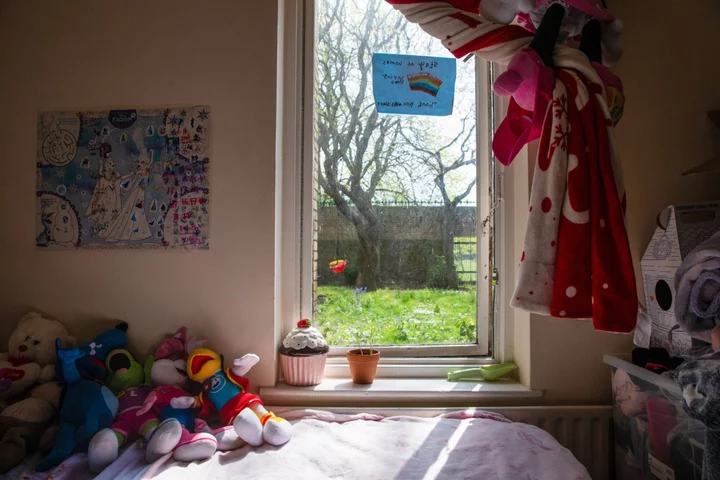Britain’s government is desperately trying to convince working parents of young children to rejoin the workforce by making child care more affordable. Yet one problem that’s overlooked: Those with older children have few options for support while schools are shut for the summer.
Fewer than a quarter of local authorities have enough availability for holiday childcare for parents working full-time, according to new data from children’s charity Coram released Tuesday.
Those lucky enough to find somewhere to send their children are finding that it’s not cheap. The average cost of holiday care for a school-aged child over the six weeks of summer break is £943, the data show. Vacation child care is more than double the price of term-time provisions such as after school clubs, piling pressure on working parents during the summer months.
The UK is one of the most expensive countries in the OECD for pre-school child care. The lack of availability over the summer months serves to further squeeze household budgets and compounds an ongoing cost-of-living crisis as Britons struggle with persistently high inflation.
Food inflation has been especially sticky, with costs for food and non-alcoholic drinks up by 18.4% year-on-year, according to the Office for National Statistics. Supermarkets including Asda and Morrisons are offering free or heavily discounted meals to assist families over the summer for children who would normally rely on free school meals.
Chancellor of the Exchequer Jeremy Hunt announced measures to address child care in this year’s Spring Budget, with a plan to reduce costs for working parents of most children under five years old — although nurseries are still waiting for full detail on the plans.
New and existing subsidies focus on child care during the school year and neglect to offer year-round care that most working parents need, according to Coram. Early-years organizations have also voiced concerns, saying that most nurseries will be unable to meet soaring demand.
“Current cost of living pressures mean that families are already struggling to make ends meet each month,” according to Megan Jarvie, head of Coram. “Too many find that the cost of childcare means that they cannot afford to work but also cannot afford not to work.”

